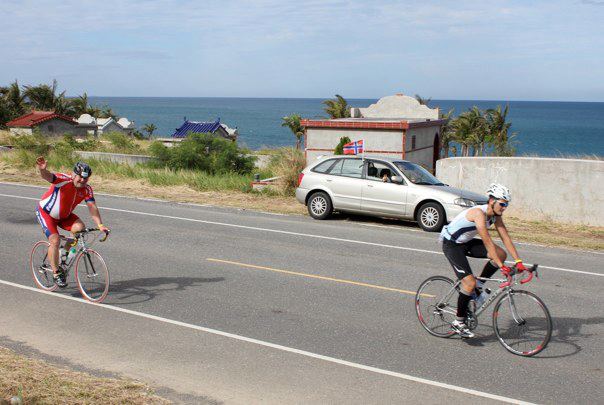The NOK 75 million in funding will be disbursed during the period 2019–2021 and will be used to support the UN Educational, Scientific and Cultural Organization’s (UNESCO) work on comprehensive sexuality education.
‘Girls and boys need knowledge about their bodies, relationships and living together as well as about health and rights if they are to make good choices and develop positive relationships. This is why Norway is increasing funding for comprehensive sexuality education by NOK 75 million,’ said Minister of International Development Dag-Inge Ulstein.
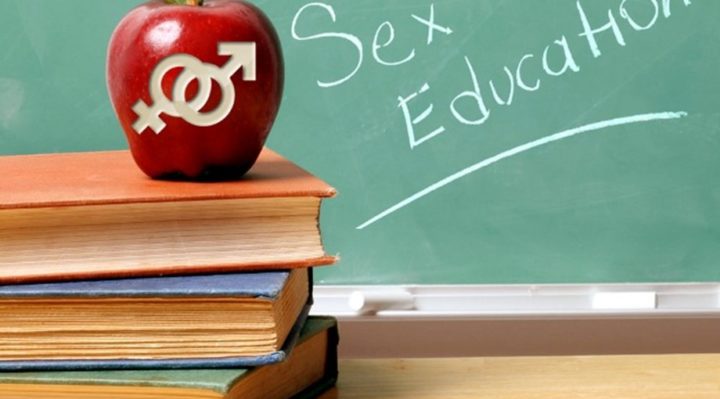
The NOK 75 million in funding will be disbursed during the period 2019–2021 and will be used to support the UN Educational, Scientific and Cultural Organization’s (UNESCO) work on comprehensive sexuality education. The funding will be allocated to UNESCO’s global campaign in this field and to promoting sexuality education in four priority countries: Mali, Burkina Faso, Niger, and South Sudan.
A cooperation agreement between Norway and UNESCO is to be signed today at UNESCO’s General Conference in Paris. Minister of Research and Higher Education Iselin Nybø, who is responsible for Norway’s cooperation with UNESCO, will sign on behalf of Norway, and Director-General Audrey Azoulay on behalf of UNESCO.
‘Our support to UNESCO will contribute to achieving the sustainable development goals on good health, gender equality and quality education for everyone. Comprehensive sexuality education can boost the number of children and young people completing their schooling. I am pleased that Norway is supporting UNESCO’s efforts and its leadership in this important field,’ said Ms. Nybø.
‘Ensuring that comprehensive sexuality education is available is crucial for improving young people’s knowledge about their bodies, relationships, rights, and sexual health. Sexuality education can help to break the stigma around menstruation and prevent unplanned pregnancies, abortions and sexually transmitted diseases such as HIV,’ said Mr. Ulstein.
Sexuality education can also promote gender equality and play a part in developing an inclusive learning environment, which will improve school attendance by girls. The Norwegian Government, therefore, considers it important that comprehensive sexuality education is included in primary and secondary school curriculums and also made available for children and adolescents who do not attend school. In addition, Norway will emphasize that vulnerable groups such as children and young people with disabilities must be able to take part in sexuality education.

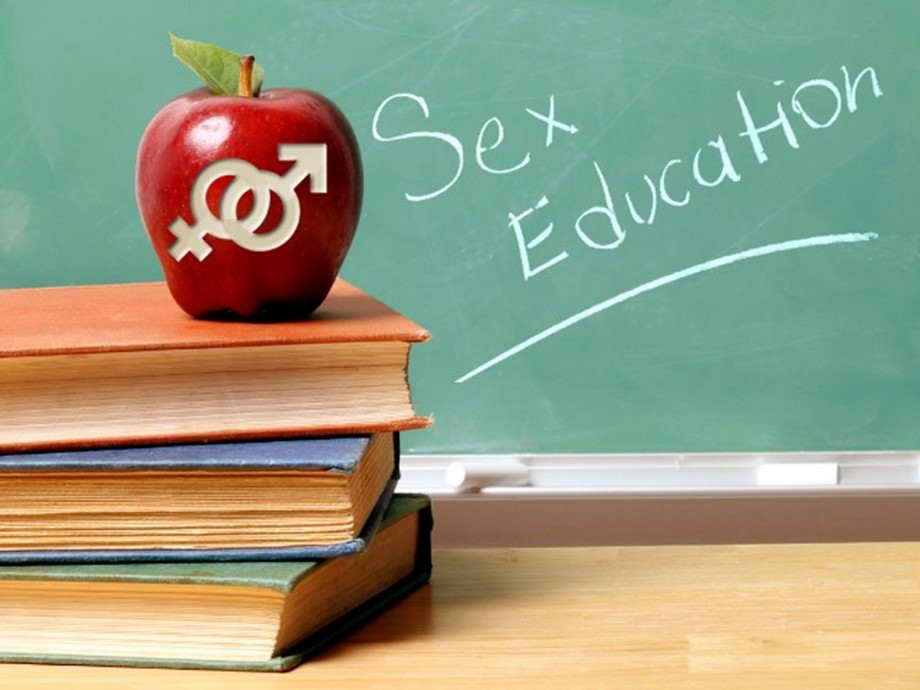

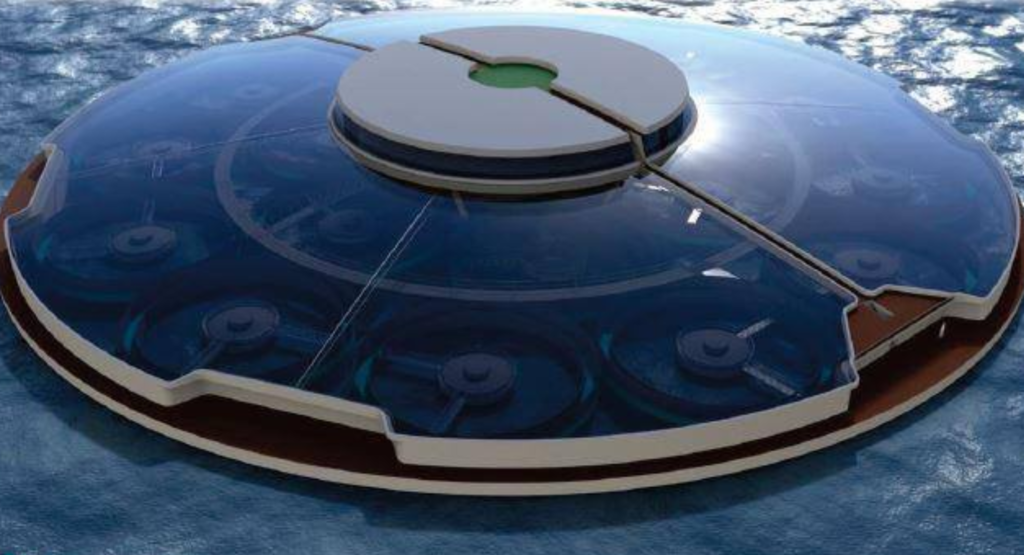
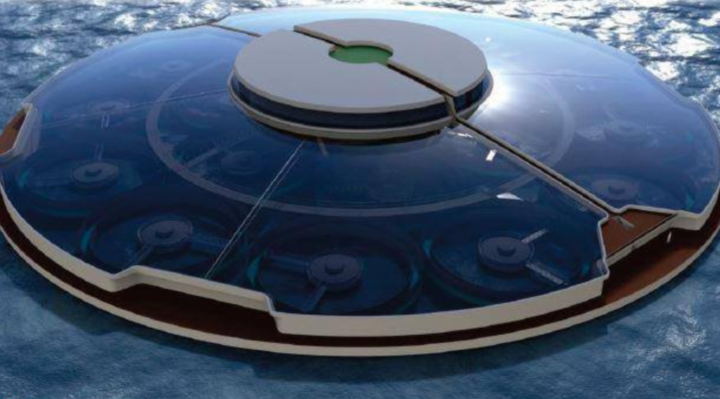
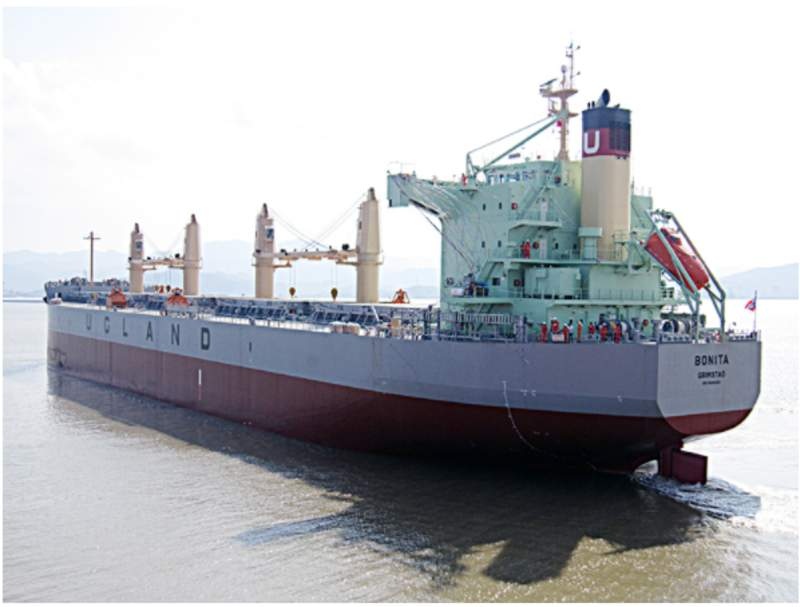
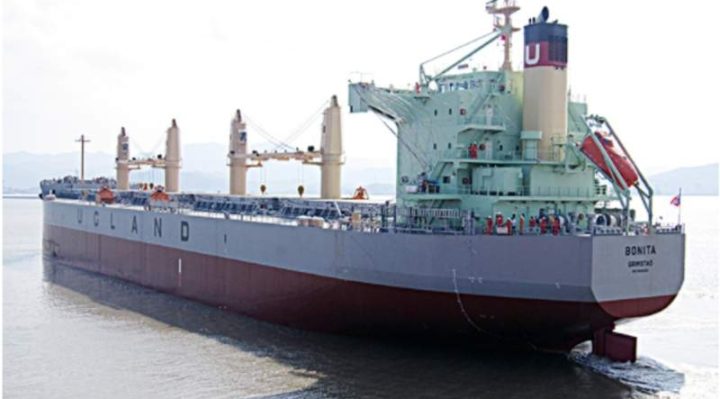
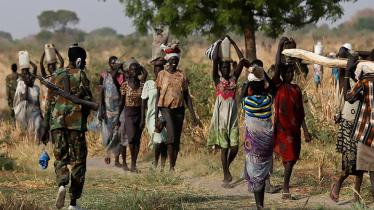
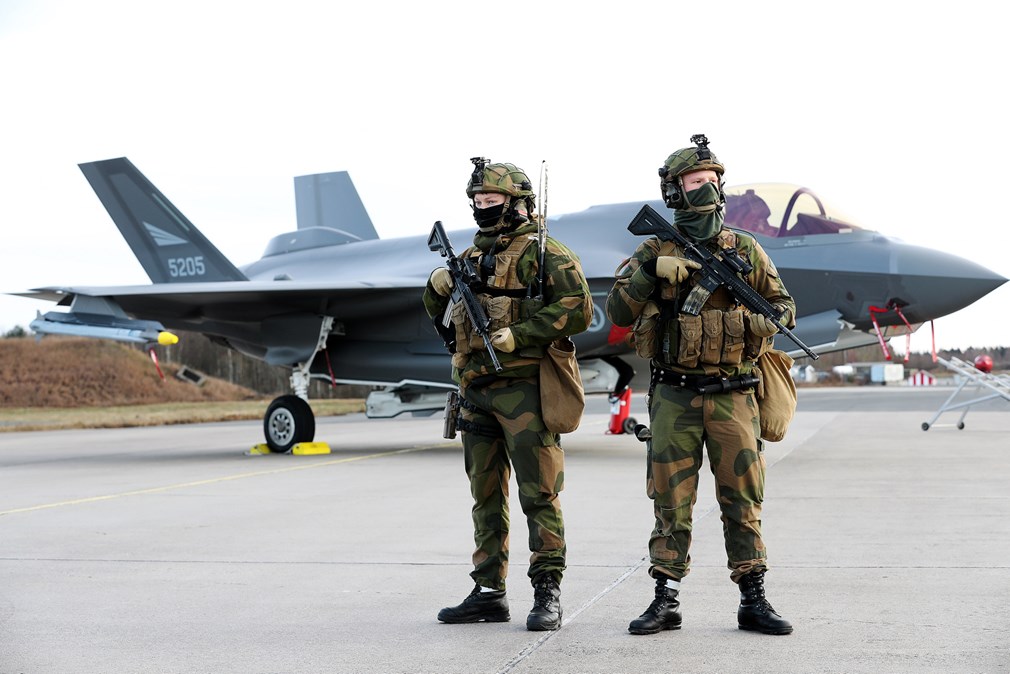
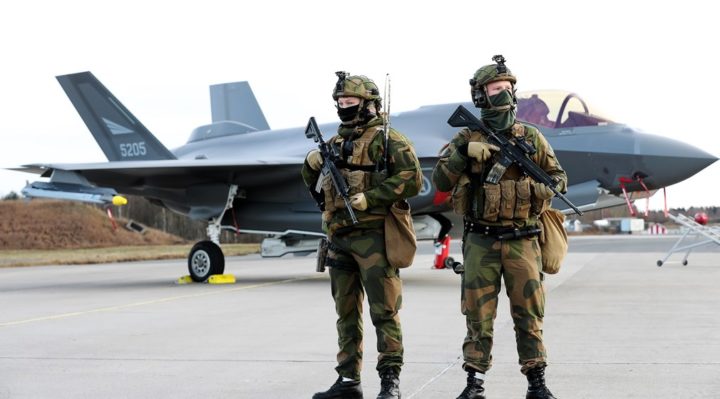
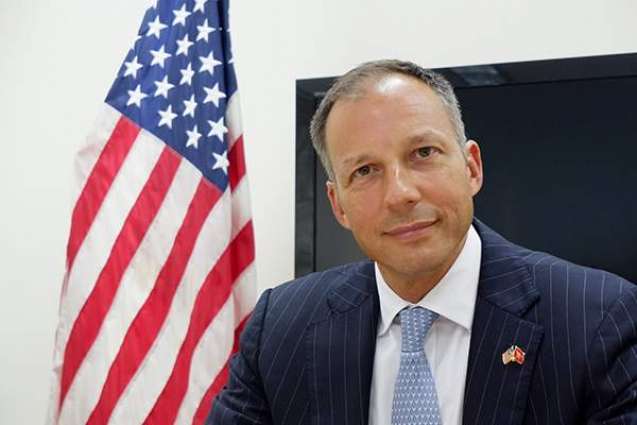
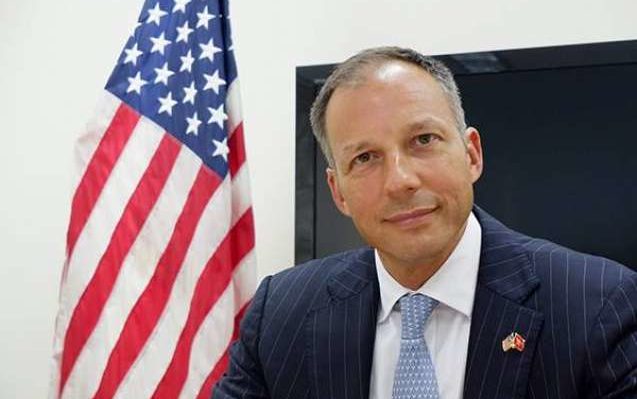




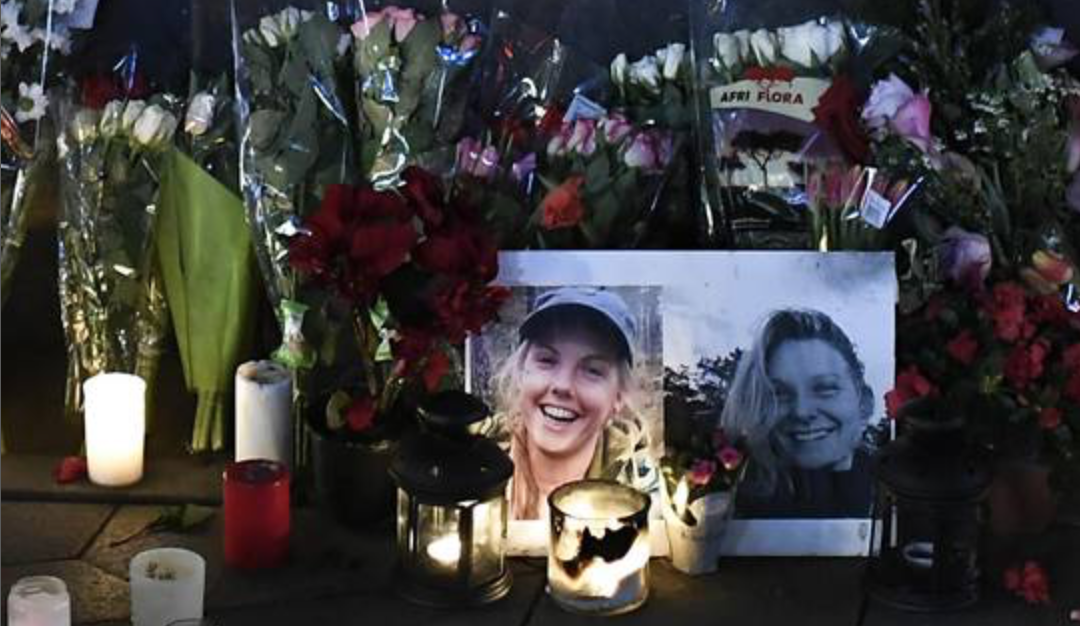
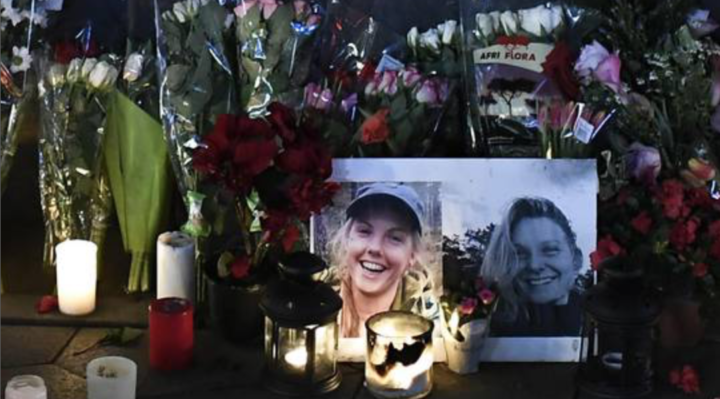


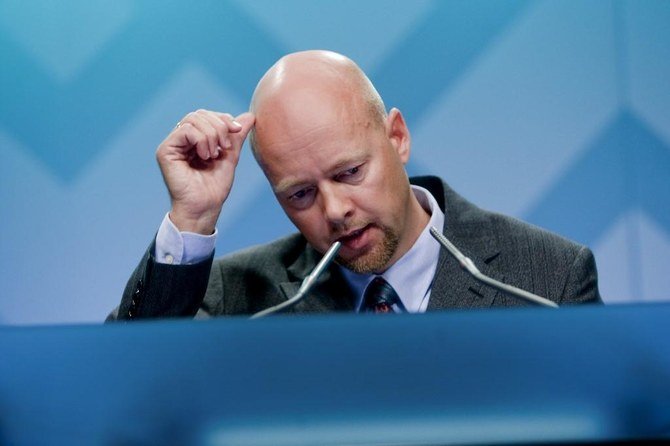
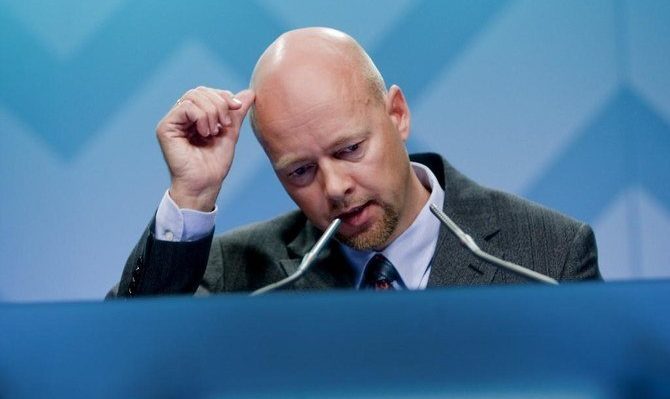
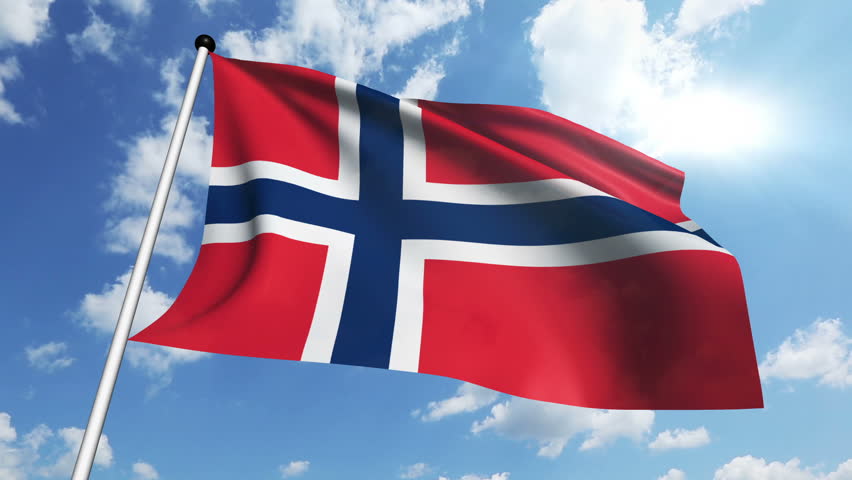
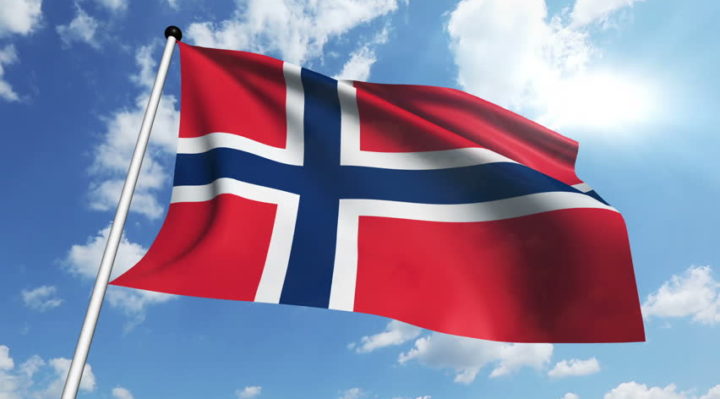
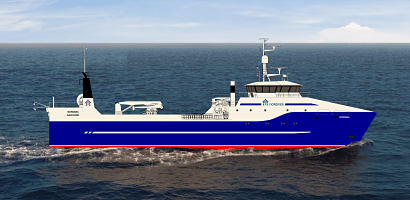
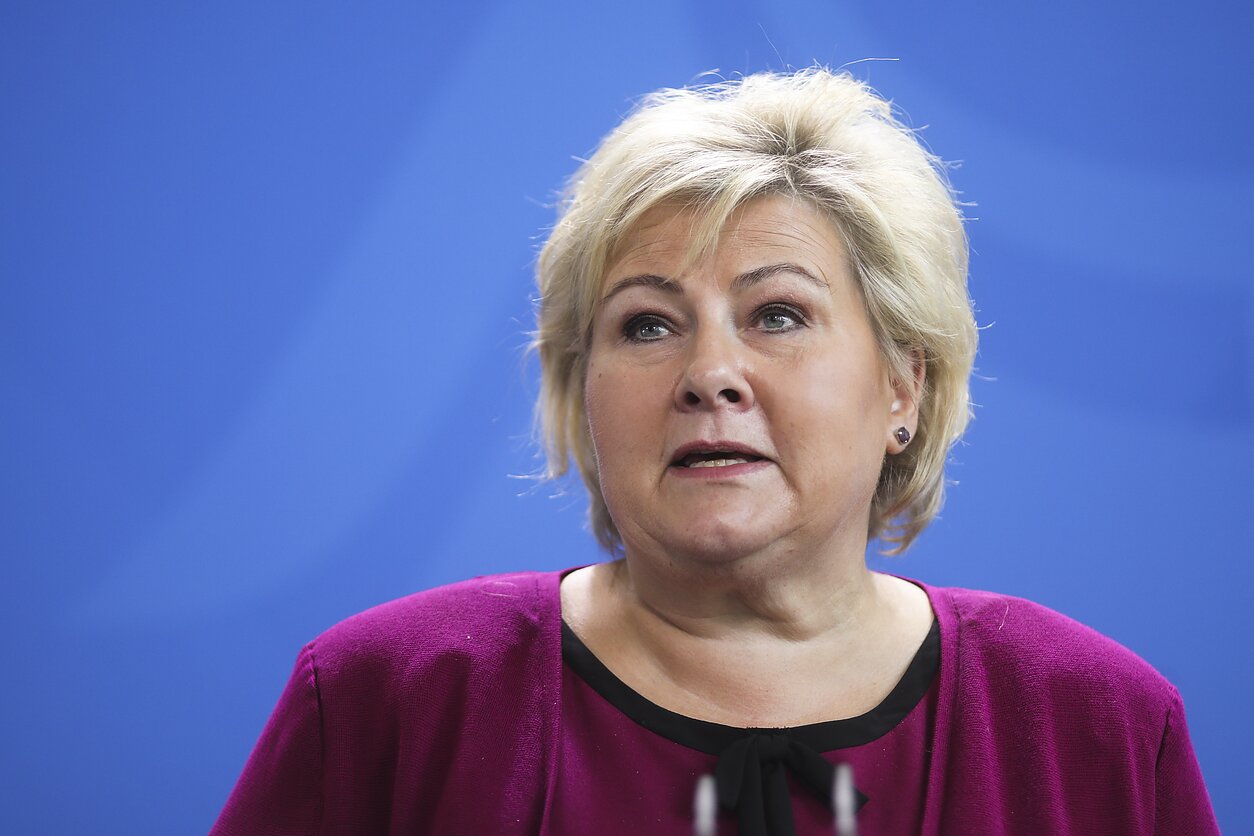
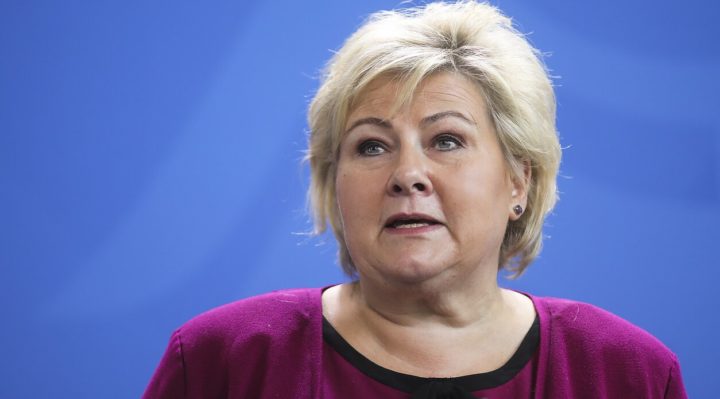

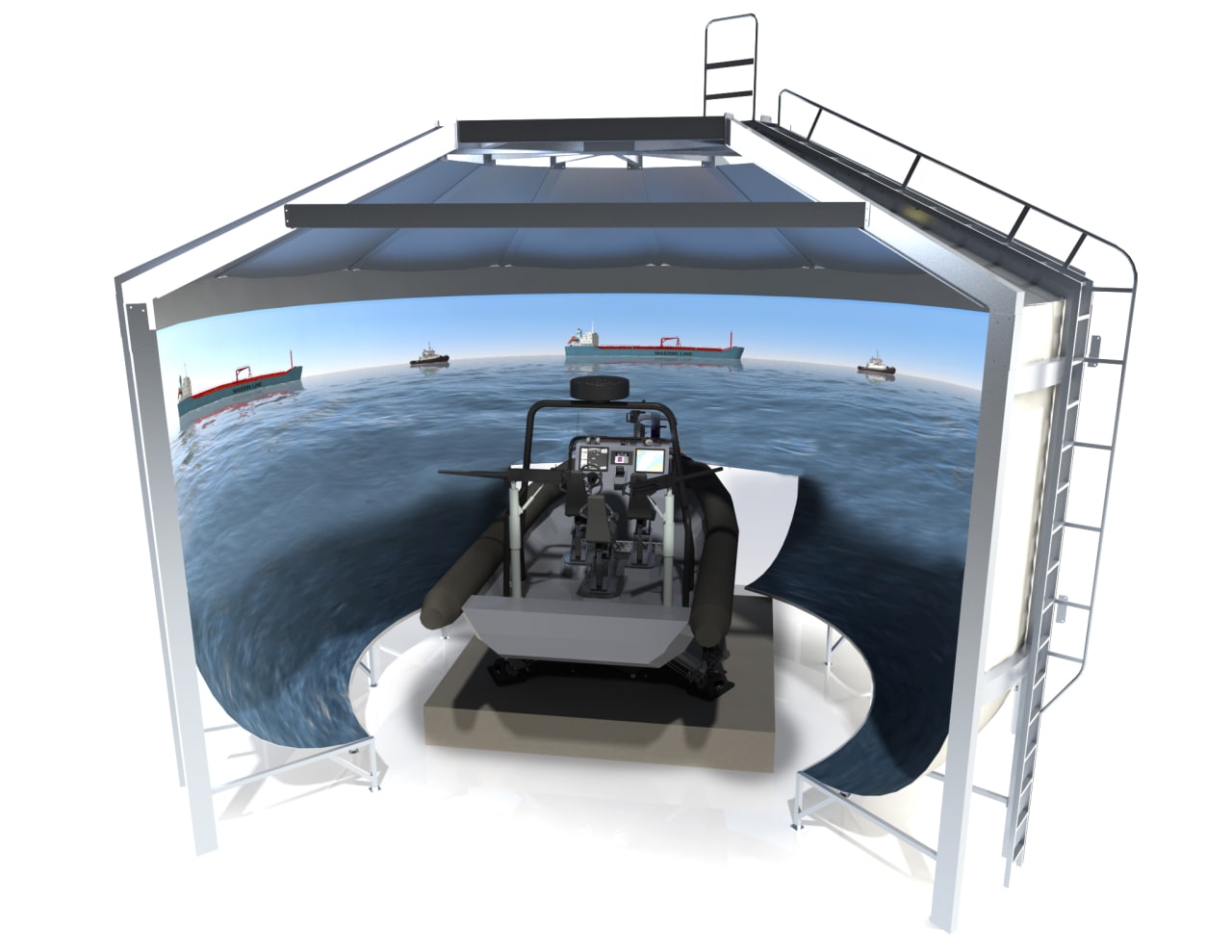
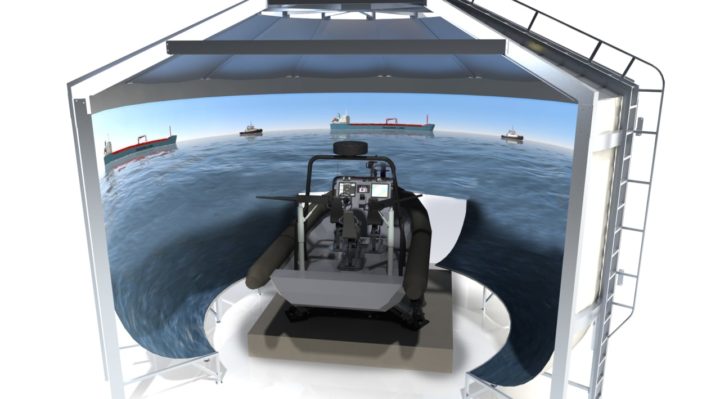


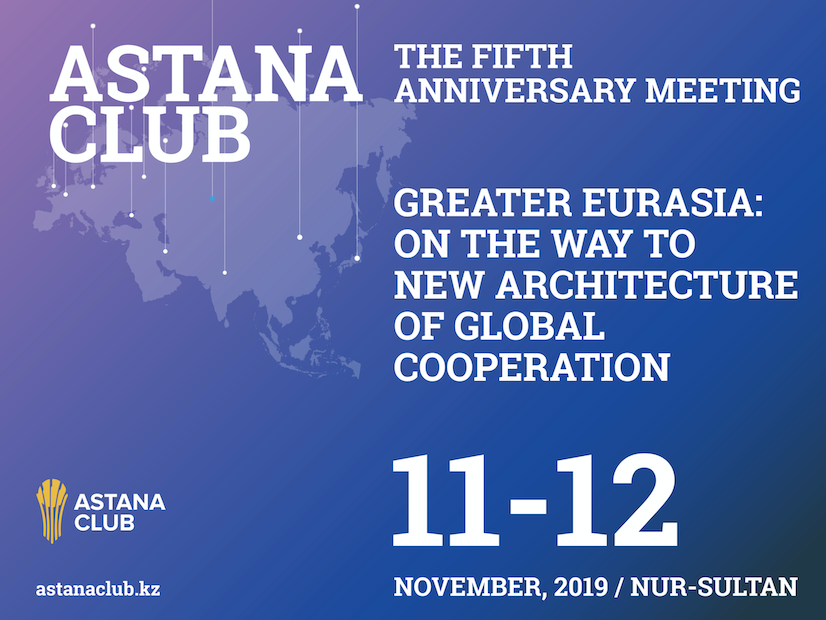
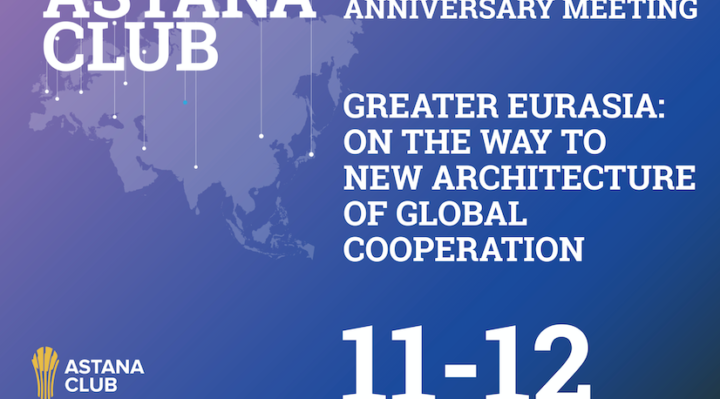
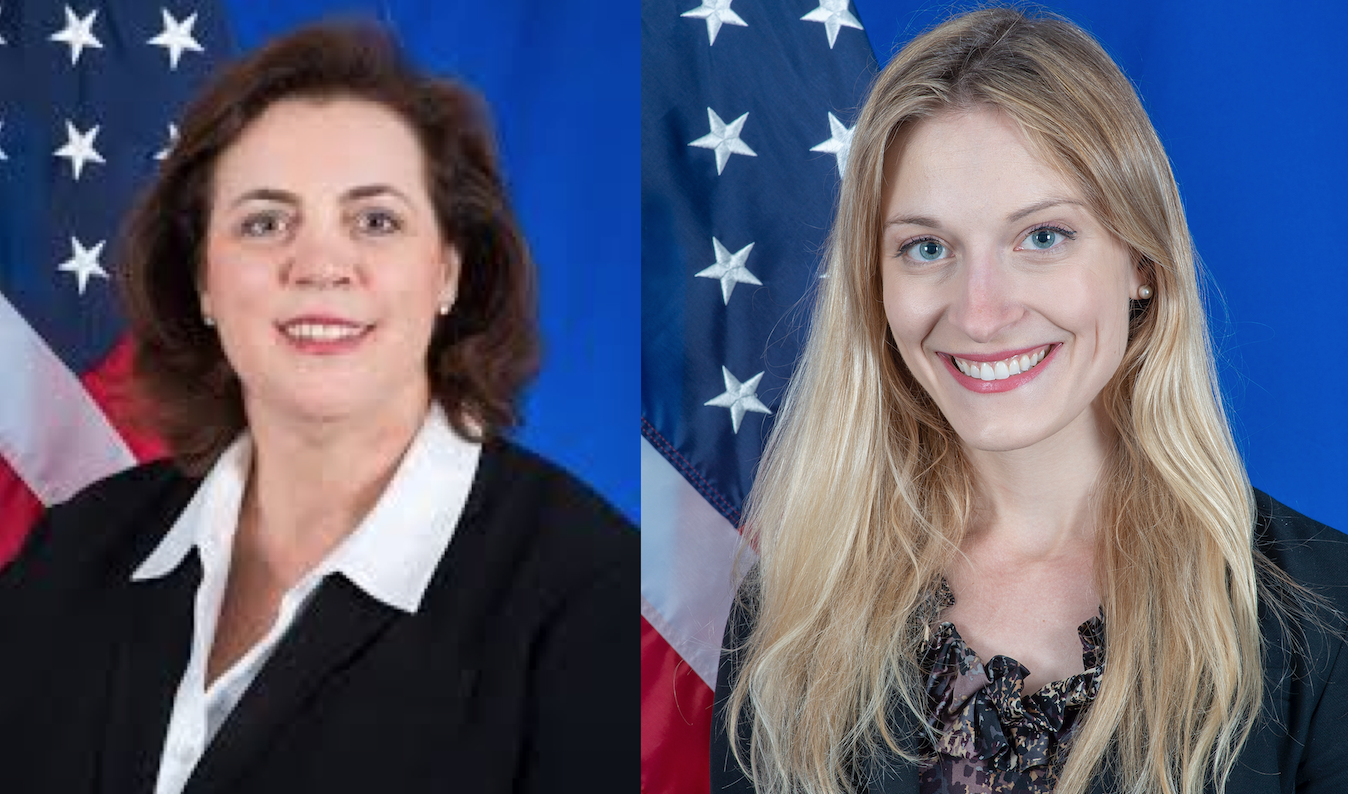
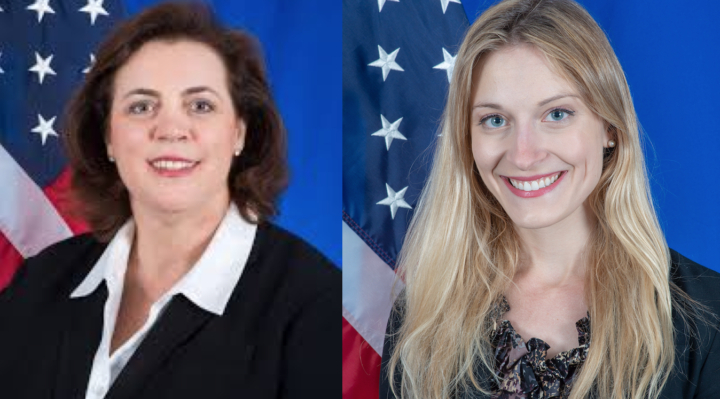
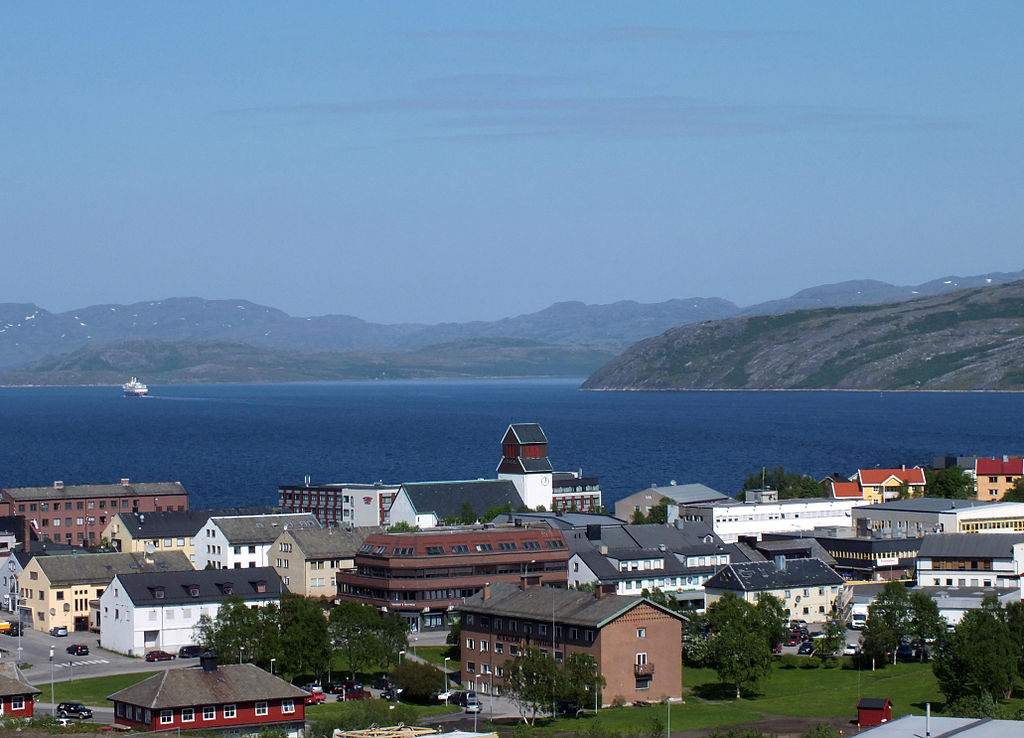
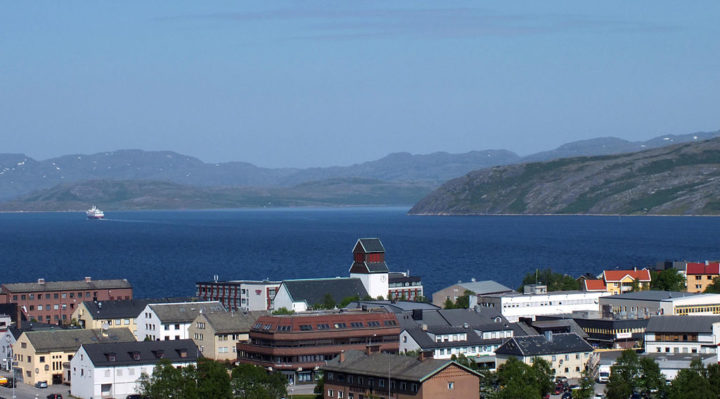
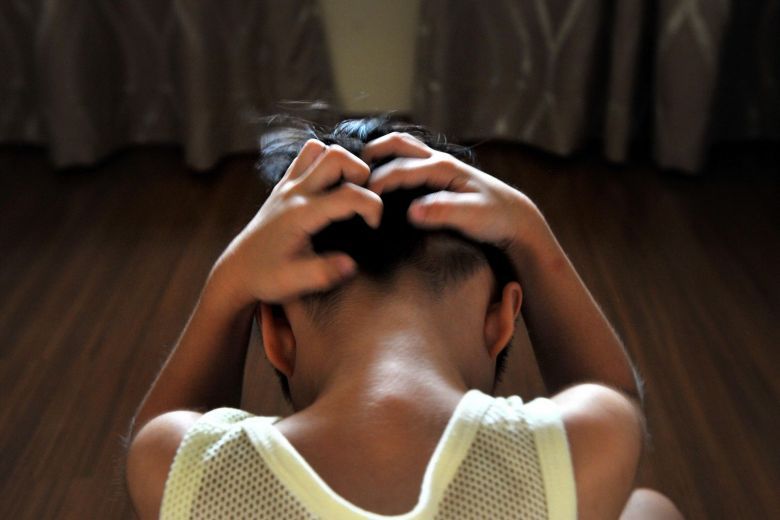

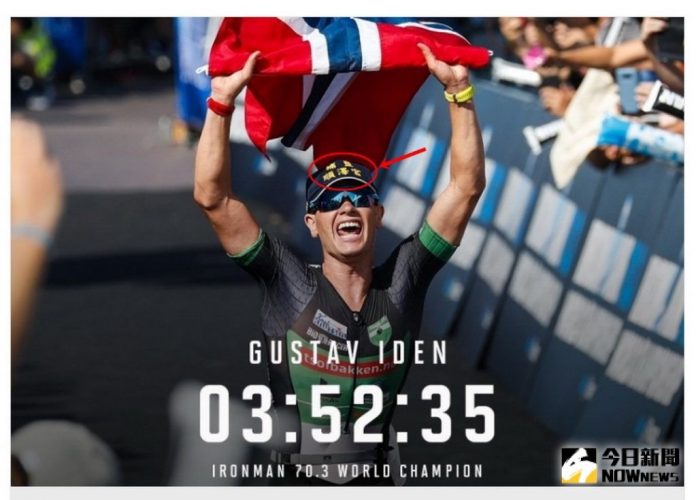
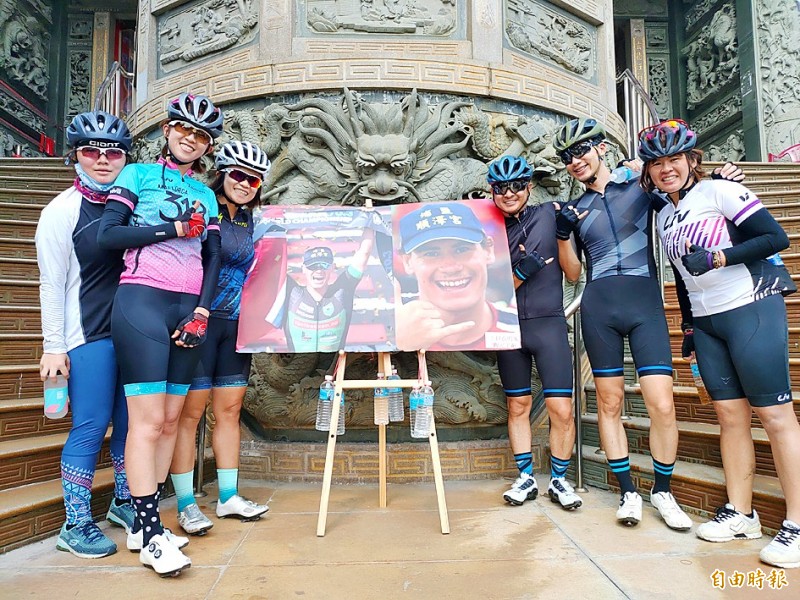 The Puyan Shunze Temple has became a Mecca for Taiwanese bikers where they may pose beside photographs of Norwegian triathlete Gustav Iden Photo: Chen Kuan-pei, Taipei Times.
The Puyan Shunze Temple has became a Mecca for Taiwanese bikers where they may pose beside photographs of Norwegian triathlete Gustav Iden Photo: Chen Kuan-pei, Taipei Times.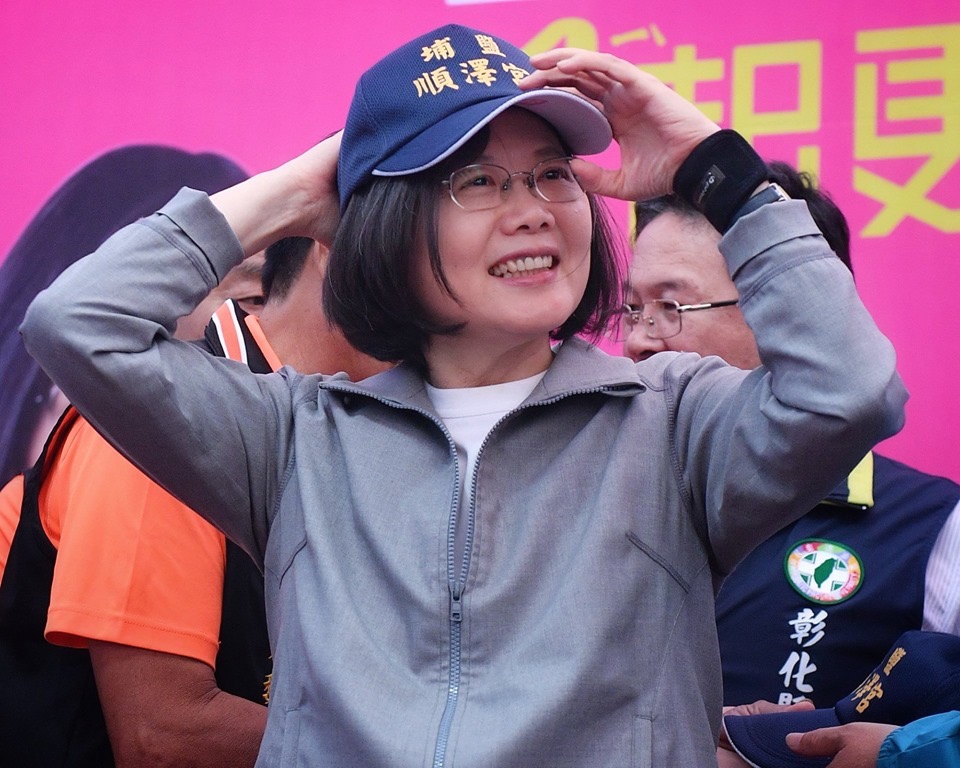 President Tsai Ing-wen visited the temple and received a cap. She hopes it will bring her election luck in January. Photo credit Apple Daily.
President Tsai Ing-wen visited the temple and received a cap. She hopes it will bring her election luck in January. Photo credit Apple Daily. 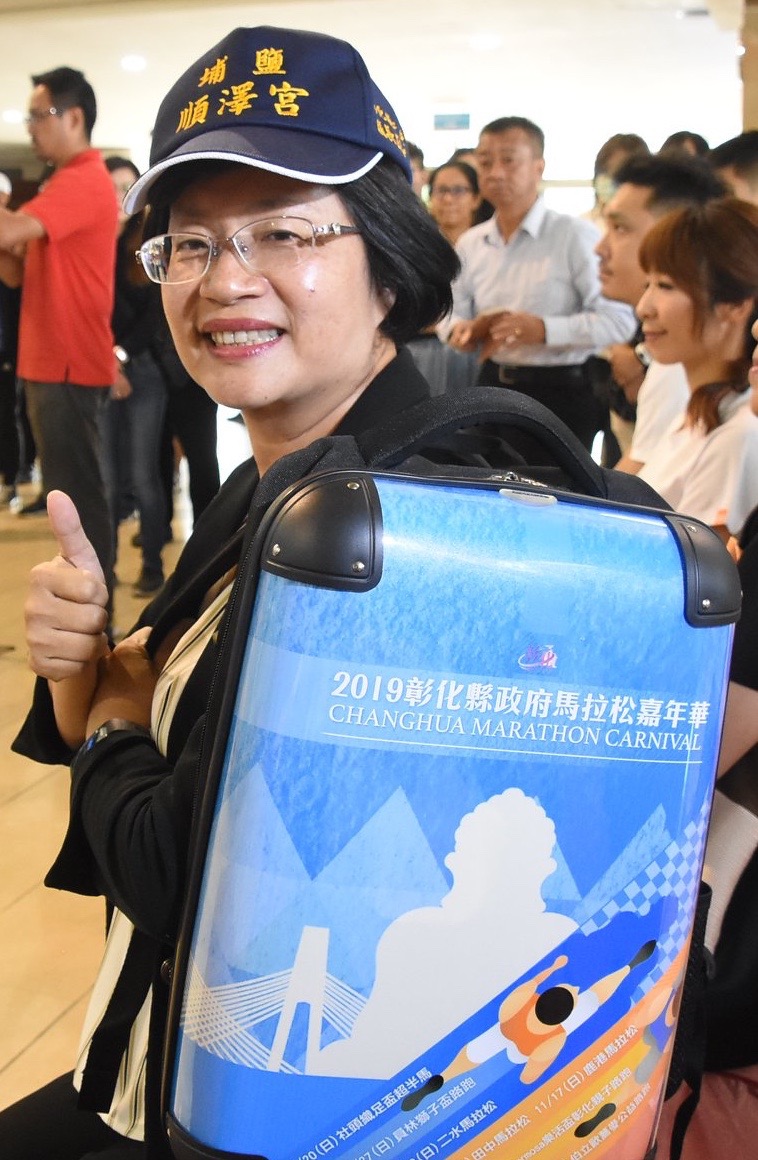
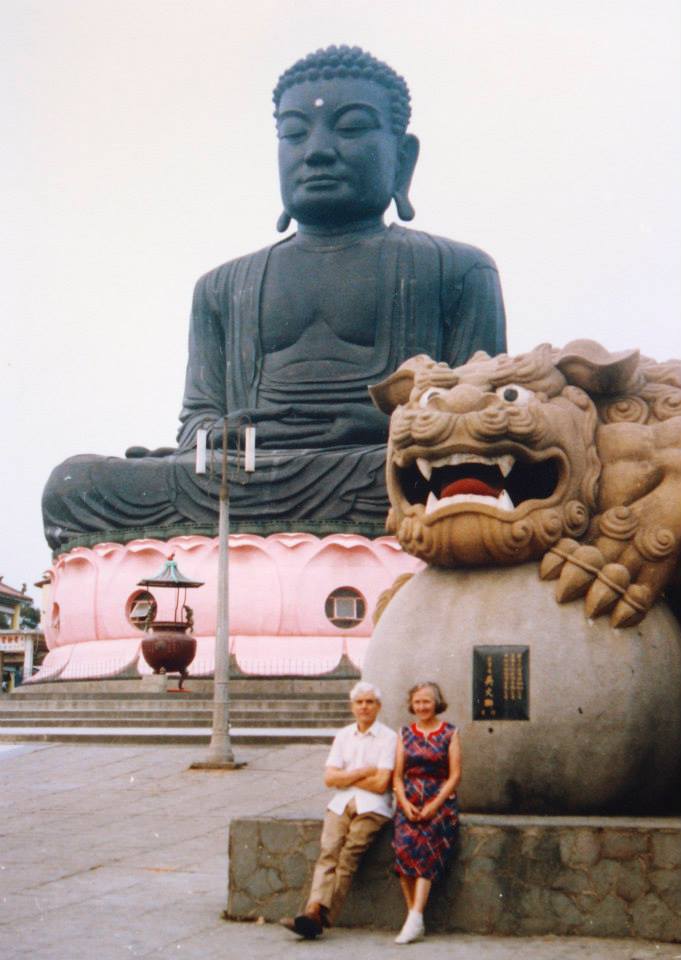
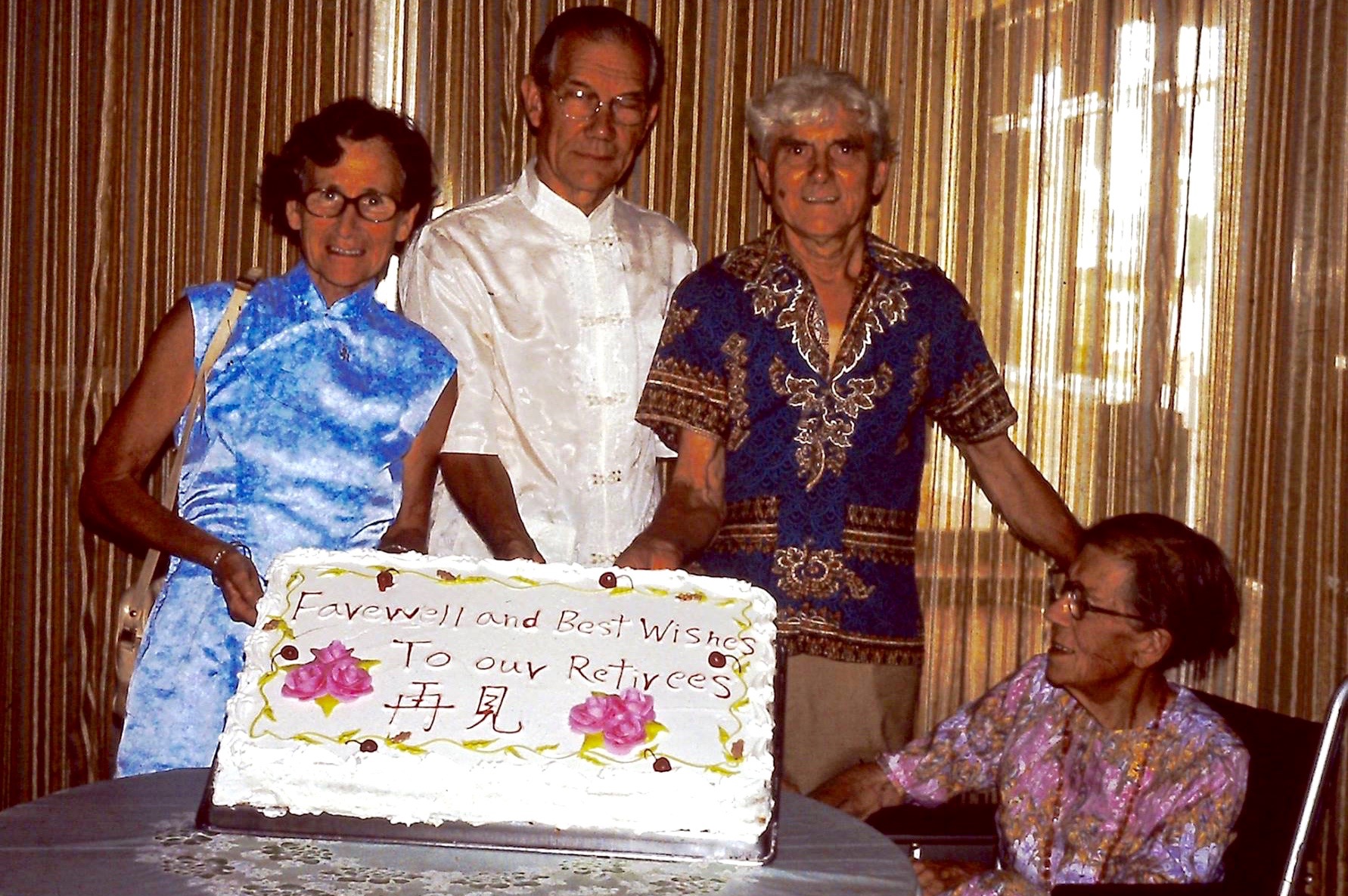
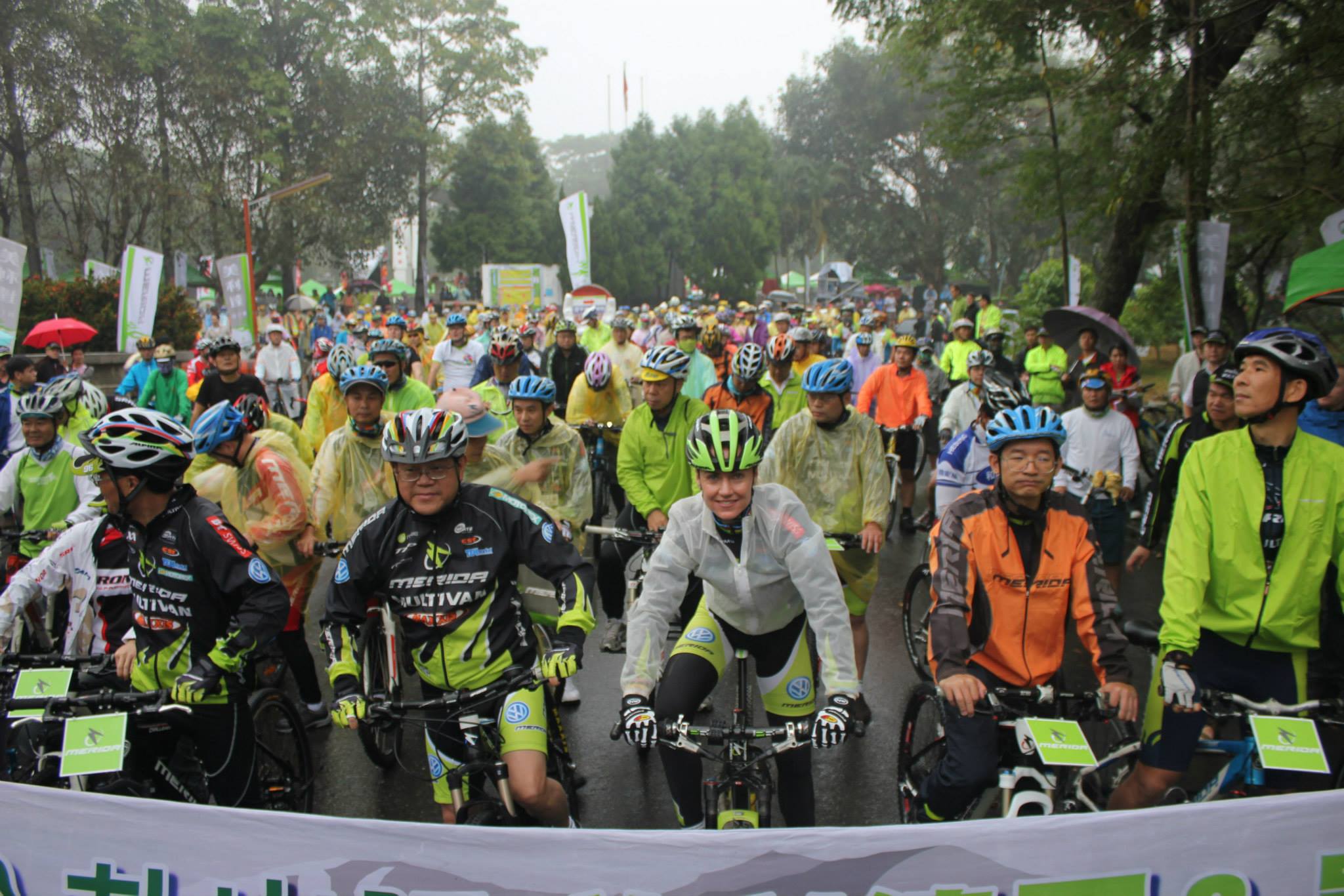 MERIDA CUP and BIKE FESTIVAL is held in Changhua county.
MERIDA CUP and BIKE FESTIVAL is held in Changhua county. 